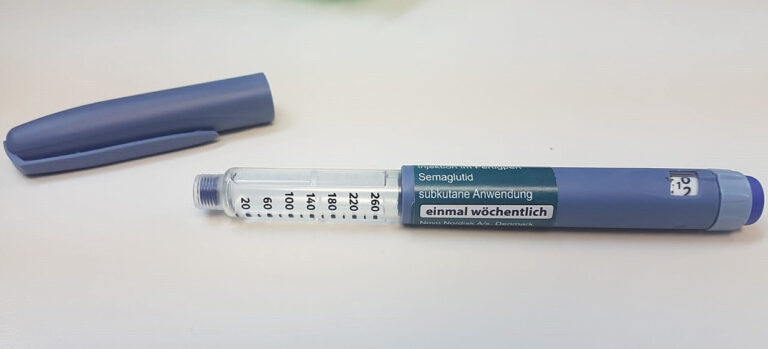Continuous Manufacturing is a highly efficient production method where materials are introduced and the finished product is extracted without interruption, contrasting sharply with the long-standing batch manufacturing process in the pharmaceutical industry. In a batch process, distinct steps are performed sequentially, with long hold times for testing and movement between isolated systems. Continuous Manufacturing integrates all synthesis, processing, and purification steps into a single, seamless, and automated line. This shift offers dramatic improvements in speed, often reducing production cycles from weeks or months down to days or hours. Furthermore, it incorporates advanced process analytical technology (PAT) and real-time quality control, allowing for instant error detection and correction, thereby reducing waste and enhancing product consistency.
The reduced physical footprint and lower energy consumption also align with sustainability goals. As regulatory bodies like the FDA encourage its adoption, continuous manufacturing is becoming the standard for next-generation drug production, especially for complex molecules, cell and gene therapies, and personalized medicine, where rapid, high-quality, and scalable production is essential to meet patient demand.


